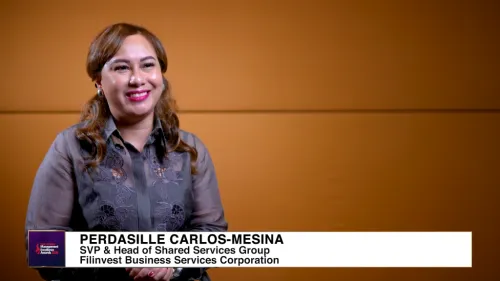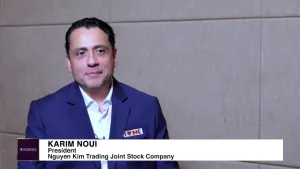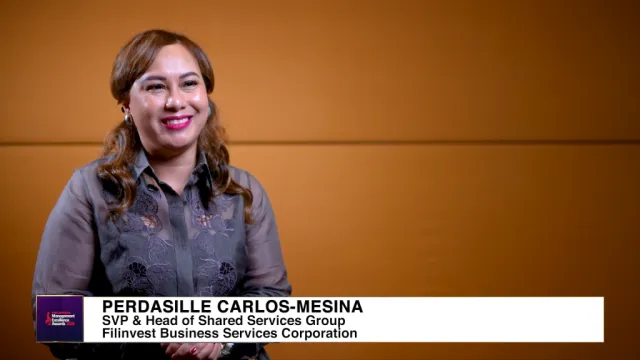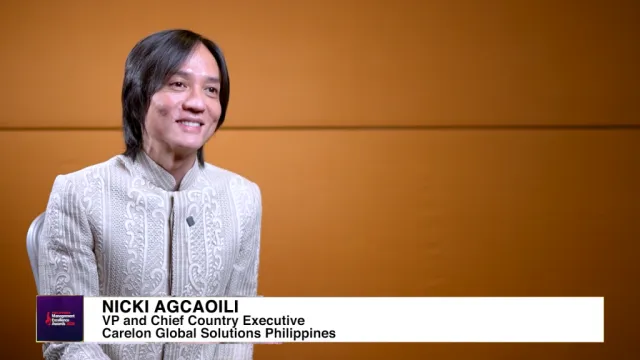
New bill positions Hong Kong as a more attractive hub for single family offices
Experts say the city’s tax incentive regime is less stringent than Singapore’s.
Hong Kong is working its way to becoming the preferred hub of high-net-worth individuals and affluent families in Asia with a new bill that provides tax concessions for family-owned investment holding vehicles (FIHV) and single family offices (SFOs).
The bill lays out different requirements for FIHVs and SFOs to be exempted from profits tax, said Alice Leung, partner at KPMG China who specialises on tax and private enterprise.
Requirements
One of the requirements both FIHVs and SFOs must meet to be eligible for the concessionary profits tax rate of 0% is that they should be managed or controlled in Hong Kong.
At least 95% of the beneficial interests of the FIHV and SFO must also be held by the family.
“This could be lower to 75% if the remaining 25% interest is held by approved charities in Hong Kong,” Leung said.
“A tax-exempt charitable entity under the Hong Kong Inland Revenue Ordinance is allowed to hold up to 25% of beneficial interest, direct or indirect, in an SFO and/or an FIHV without tainting the tax concession available to the FIHV,” explained Deloitte Private Hong Kong Leader Anthony Lau.
Both the FIHV and SFO must also be managed by or controlled in Hong Kong to be exempt from profits tax.
SFOs must also be a private company, but can be incorporated in or outside the city.
Other requirements which FIHVs must meet include having at least two full-time qualified employees and at least $2m (US$256,278) of local operating expenditure, which can also be outsourced to the SFO.
There is no specific requirement on the qualification of the employees to be employed by the FHIV.
SFOs, on the other hand, must manage specified assets owned by the family, through FIHVs, of at least $240m (US$30.75m), said Leung.
Compared to other tax concession regimes, Lau said Hong Kong’s fund size threshold of $240m is “relatively low” in comparison to what is set out in Singapore’s Enhanced Tier Fund Tax Exemption Scheme under Section 13U of the Income Tax Act 1947.
Under Singapore’s Section 13U regime, the fund size requirement is around $280m (SG$50m). SFOs are also required to have a local investment of at least 10% of the asset under management or SG$10m ($58m), whichever is lower.
“The family office regime in Hong Kong has a low threshold regarding fund size and has no local investment requirement,” Lau said.
Limitations
Lau underscored that the tax exemption only applies to transactions in “specified assets.”
These assets include investments in listed securities, futures contracts/derivative products, and collective investment schemes. Private equities are also included, but “under certain conditions,” said Lau.
Transactions incidental to the carrying out of tax-exempt deals may also qualify for exemption from profits tax, albeit subject to a 5% threshold.
“Direct investments in crypto assets, insurance contracts, antiques, art pieces, wine, etc. would not qualify as ‘tax-exempt’ transactions outright,” Lau said.
“In any case, a ‘non-tax-exempt’ transaction would not taint the tax-exempt profits from the other transactions,” he added.
Challenges
SFOs who wish to enjoy the profits tax concession the Hong Kong government is offering may have to undergo “restructuring,” said Lau.
Citing an example, Lau said: “If an FIHV currently employs in-house investment professionals to manage the FIHV’s assets, it may need to create a separate SFO to employ those investment professionals.”
“If they intend to rely on the tax concession, they may have to revisit their current corporate structure and operating model, and review and maintain proper documentation to support their tax-exempt status,” he added.
The Deloitte expert also advised SFOs to study the regime carefully and seek professional advice whether they could enjoy the tax concession.
“The law contains various provisions imposing requirements on FIHV, SFO, types of transactions that can qualify for tax concession, etc. and with certain anti-round tripping and anti-avoidance provisions as well. Its interpretation and application may not be straight-forward, and the devil is in the details,” he said.
There are also parts of the scheme that need further clarification, including “how the thresholds for the substance requirement should be determined if there are multiple FIHVs in a SFO structure,” said Lau.
Welcomed
Whilst the bill comes with challenges, it has been welcomed by tax experts.
“The tax concession bill provides high-net-worth individuals and their families with certainty that their investment profits are exempted from profits tax,” Leung said.
“The tax concession will further promote Hong Kong as a hub for family offices leveraging on the Hong Kong professional ecosystem, robust common law system and significant investment opportunities,” she added.
Both tax experts also underscored that Hong Kong’s regime is less stringent than Singapore’s which is another popular location for global family offices.
On 5 July 2023, Singapore updated the conditions for its scheme, requiring family offices to employ at least one non-family member as an investment professional.
“There is no such requirement to employ non-family members in Hong Kong. Further, pre-approval is required, which usually takes 12-18 months to obtain – there is no pre-approval requirement in Hong Kong,” Leung said.
Lau shared that such a feature makes Hong Kong’s tax regime “more advantageous.”
“The adoption of the family office regime in Hong Kong is on a self-assessment basis. Taxpayers may also obtain tax certainty on the application of tax concession by applying for an advance ruling,” Lau said.
The Deloitte expert, however, underscored that Singapore has broadened the scope of eligible investment under its scheme.
Meanwhile, the scheme now recognises “twice the amount invested in Singapore-listed equities, and eligible Exchange Traded Funds and unlisted funds which invest primarily in Singapore-listed equities in computing the investment requirement, alongside the other measures,” he said.
“We are also hoping that the HKSAR Government will revisit the family office regime from time to time, and introduce enhancements to maintain the attractiveness of the regime going forward,” he added.
















 Advertise
Advertise








